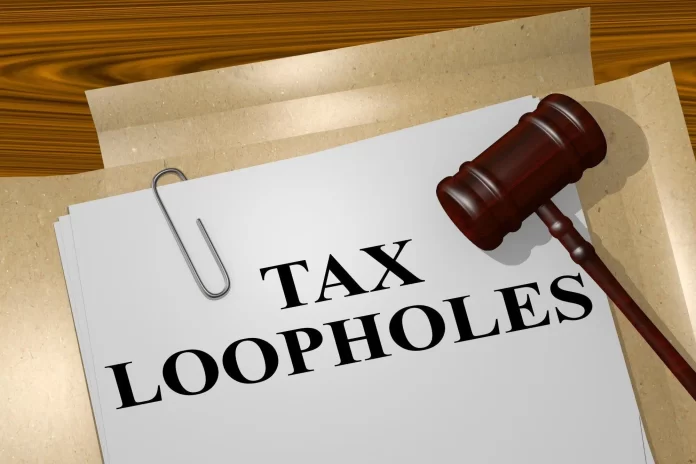Every seasoned real estate professional knows that tax time is a puzzle, a game where knowing the rules could mean huge wins or catastrophic losses. But, what if we told you there’s a new piece on the board that could flip the game in your favor? Yes, we’re talking about the overlooked real estate professional tax loophole.
This article will be your guide to understanding and leveraging this exciting development in real estate taxes. Whether you’re seasoned in the field or making your first strides, learning the ins and outs of filing taxes can save you vast sums of money. So, join us as we unveil the tax world and find the treasure that is tax savings.
Understanding the Real Estate Professional Tax Loophole
When it comes to taxes, independent contractors are traditionally obligated to pay significant amounts each year. However, there’s a provision, known as the Real Estate Professional Rule, which allows individuals to minimize their tax liabilities through their real estate activities.
According to this rule, those who spend more than half of their professional time in real estate activities and more than 750 hours per year can classify themselves as a “real estate professional” for tax purposes. The 750 hours are calculated annually from January 1st to December 31st.
Once classified as a real estate professional, individuals can deduct all rental real estate losses against other sources of income, such as wage income, interest income, and dividends. This is where the loophole becomes a godsend.
Usually, these losses would classify as “passive” and could only be deducted against other passive income. It resulted in substantial carryover losses that cannot be utilized until the property is sold or until the taxpayer has other passive income.
Tax Relief for 1099 Workers
Thankfully, the real estate professional tax loophole provides relief for 1099 taxes. Independent contractors receive 1099 tax forms from their clients and are required to pay self-employment taxes on this income.
However, if they qualify as a real estate professional, their real estate activities are considered non-passive. This allows them to balance their 1099 income with any losses from their real estate ventures.
Here are some of the activities that the IRS deems as acceptable for the real estate professional status:
- Property acquisition
- Rental management
- Operations
- Development or redevelopment
- Construction
Keep in mind that this loophole isn’t a one-size-fits-all solution. It requires careful planning and documentation to prove your eligibility. The IRS carefully examines those who claim this status-due to its potential for abuse. Therefore, it’s recommended that those considering this strategy seek professional 1099 services before proceeding.
Filing Taxes Made Easy
As you can see, the real estate professional tax loophole presents a unique opportunity for significant savings during the tax filing process. By shifting rental losses from passive to non-passive status, real estate professionals can potentially offset other forms of income and reduce their overall tax liability. It’s a win-win!
Did this content help you? If it did, feel free to read more of our blog posts. We have lots of articles for our readers to enjoy. Have a wonderful day!



